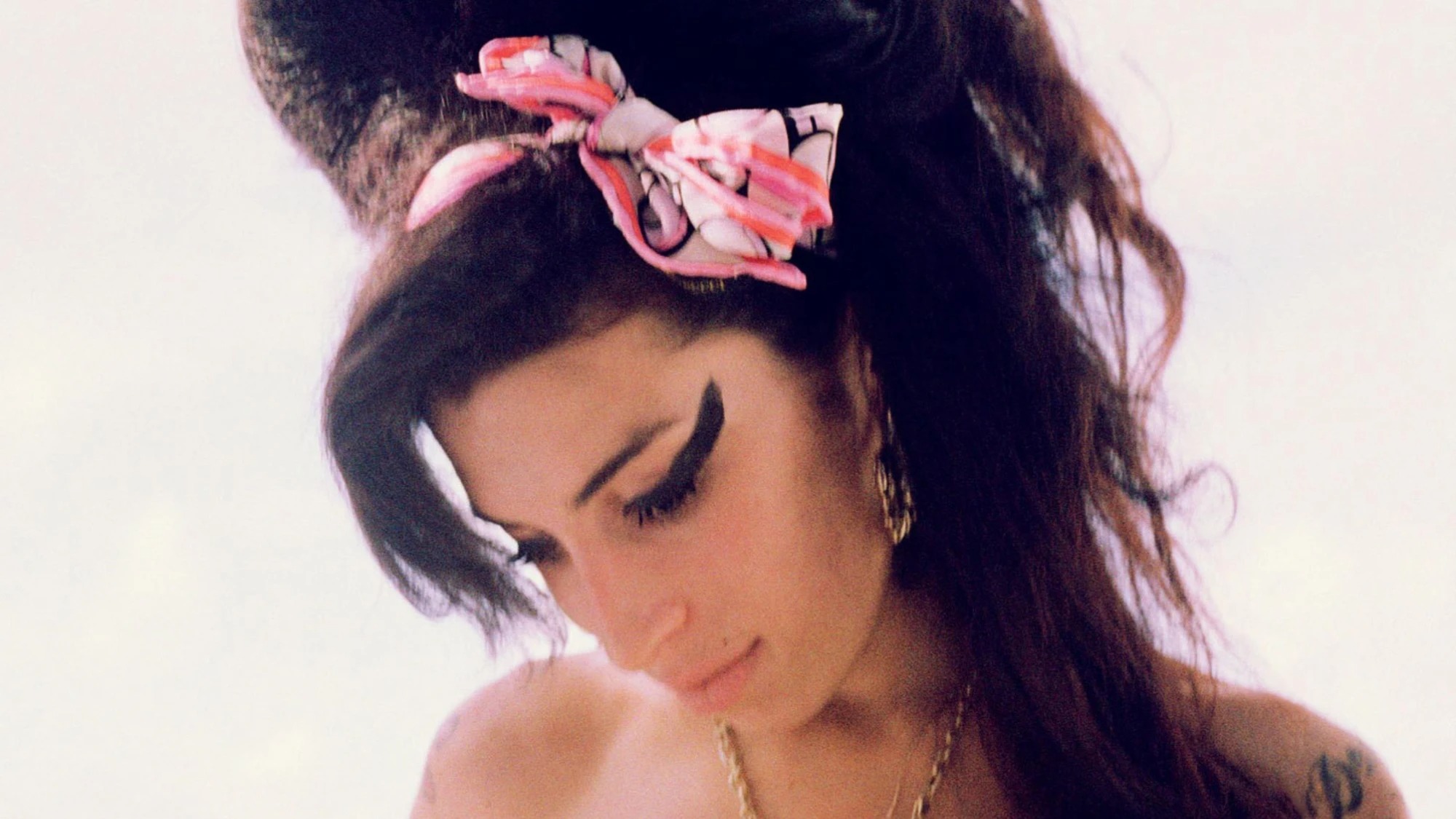News of an Amy Winehouse movie always starts the same: a press release promising ‘unseen new footage’ and ‘unprecedented access’ into the life of the late singer, who died a decade ago of alcohol poisoning; a tragic ending for arguably the most important British artists of her generation. There is always a feigned importance to them: a “necessity” rooted in the idea of us learning something from her plight, about fame, addiction or tabloid media. Truth be told, we know about this already. We have watched, almost from the moment of her death, filmmakers, journalists and even her own family ruminate upon who Amy was and what her story represented. Now, we have another movie — this time a biopic — based on the 2010 non-fiction book Saving Amy by journalist Daphne Barak.
In the process of writing her book, Daphne spent six months with Amy and her family, shooting film, collecting pictures and exclusive insights about Amy during her final days, much of which went into the formation of the book that preceded her death by a year. She was with her in St Lucia and, according to a Guardian review of the book, “befriended” Amy and her family during those years, in turn gaining unique access into her life. It seems like the making of an interesting project — if only we hadn’t seen it so many times before.
The term ‘biopic’ is often used to describe a fictional retelling of someone famous’ life, but Daphne Barak — who has also transformed her interviews with the likes of Amy, Michael Jackson and Whitney Houston into purchasable NFTs — claims that this is the story from her angle. Amy’s own father Mitch, according to TMZ, said the project is “100 percent not allowed” as the studio producing it, Halcyon Studios, would have to ask for the family’s permission before using her likeness. Daphne has already responded, stating: “I have all of the releases and legal agreements needed. Just like the NFTs being marketed on OG2D, this material is also all legally my property to sell.”
As families and journalists, filmmakers and record labels, battle back and forth, the final days of Amy Winehouse remain at the heart of it all, a hugely depressing tale of a talented woman gone too soon, whose legacy is still a part of present-day pop culture. Our thirst to see it rehashed on screen, rooted in our desire to engage with all things dismal, does nothing for Amy’s real legacy: as a musician who made some of the greatest music of her time, and who deserves to be remembered 100 years down the line for that — not how she died.
What Saving Amy promises, even by name alone, is exactly that: a rehash of the years leading up to Amy’s well documented demise. What we haven’t seen, what perhaps we’re more interested in, is a view of the time Amy wasn’t blinded by the paparazzi’s flashlights: of her childhood in London; her relationship with her grandmother; her Jewish upbringing. And later, those early Frank years. Asif Kapadia’s Oscar-winning Amy took a more well rounded approach to that, but its lingering impact is that feeling of how we lost her. We don’t need to see Amy Winehouse die again.

